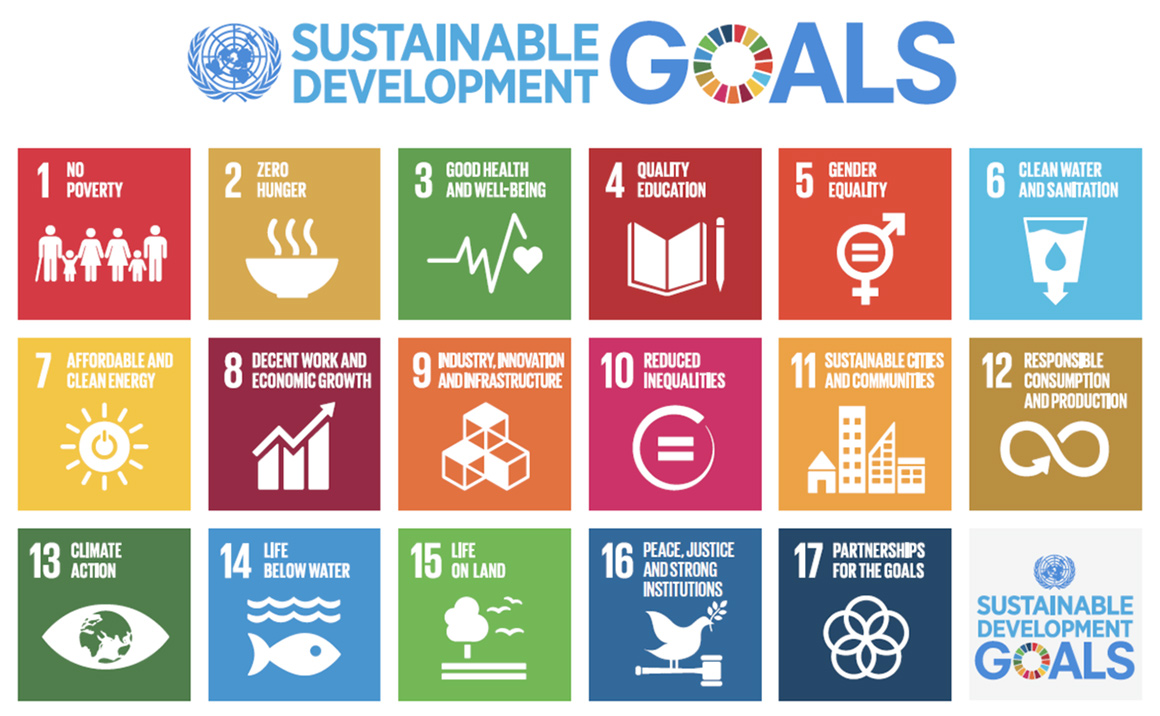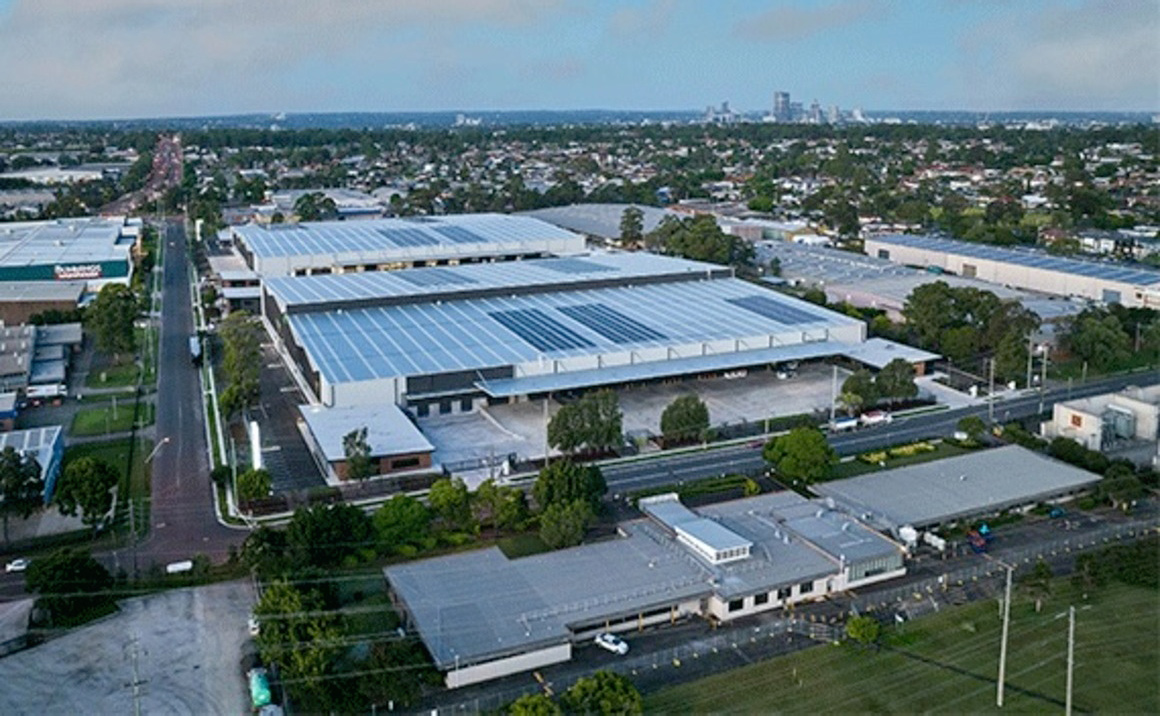
China investors seek solace in the new economy as covid risks rise
China’s continued battle with covid is suppressing growth and making foreign investors nervous, however, targeted support for the property market and new economy sectors are encouraging domestic players.
China’s continued battle with covid is suppressing growth and making foreign investors nervous, however, targeted support for the property market and new economy sectors are encouraging domestic players.
MSCI data show that China’s real estate investment transactions fell 23% in the first three quarters of this year, yet it remains the largest market in the region and was home to four of the 10 largest deals so far this year.
However, foreign investment activity has been limited, partially due to political tensions but also due to continued uncertainty about the nation’s covid policies. China had been moving away from more restrictive policies, however, rising case numbers have sent a number of cities into partial lockdowns again.
Like everywhere else, China is more vulnerable to respiratory diseases in winter, so a loosening of the “zero covid” policy could be hard to maintain in the early part of 2023. This is likely to increase social tensions and hit GDP growth. Uncertainty is likely to remain until spring at the earliest.
The Chinese consumer has been battered by lockdowns and the rocky economy, meaning continued weakness in the retail sector and slowing activity in the logistics sector, where recent development has been more targeted towards the consumer than manufacturing.
Troubles in the residential sector have dominated those headlines not occupied by covid. In November, China unveiled a 16-point plan to support the residential property industry, including RMB400 billion of new funding for the sector. While some of these measures support developers themselves including allowing developers to raise capital through domestic share sales and debt guarantee programs for favoured developers, more are designed to support the delivery of development projects and home buyers.
For example, special loans will be available to ensure developments are completed and delivered. There is also support for the acquisition and restructuring of development projects which face bankruptcy.
Several measures also support rental residential properties, including the provision of long-term funding, bonds for rental residential development and the acceleration of trials for real estate investment trusts.
These measures ought to both support the residential property industry and allow for a shake-out of less efficient developers and the workout of stalled projects. The China government has been supportive of the rental residential market for some time and the latest policies will likely boost investment in multifamily.
Overall, the residential market is sharply divided between leading Tier 1 and Tier 2 cities, where supply and demand are more in balance and those lower-tier cities which are substantially oversupplied.
Active domestic and some international investors are committing more capital to multifamily residential and to other “new economy” sectors, such as life sciences and the industrial sector, where there is also government support for a number of high-tech industries.
The short-term outlook for China will be dominated by covid and how the nation adapts its zero-covid model, however, government support for sectors such as multifamily and life sciences lights a path for investors in the longer term.
Further reading:
Savills China research
Contact Us:
Simon Smith



